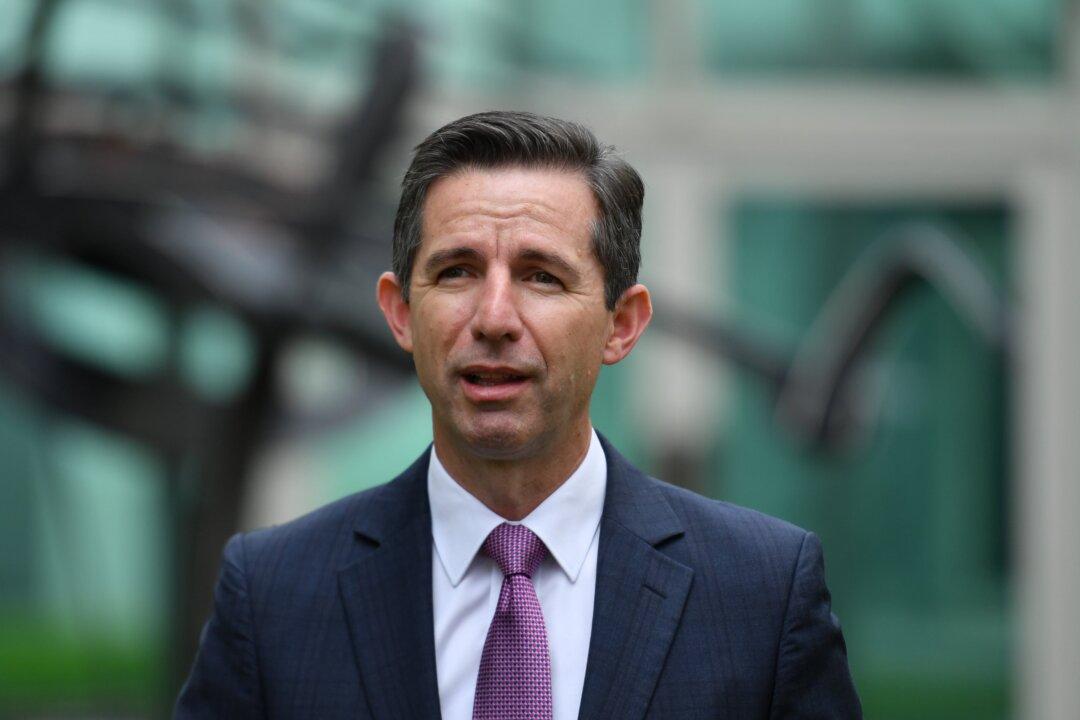The Australian government’s $110 million (US$73 million) military support for Ukraine is not effective enough in addressing Ukraine’s needs, the federal opposition says.
Defence Minister Richard Marles unveiled the new assistance package on June 26, which includes 70 military vehicles, a supply of 105mm artillery ammunition, and $10 million to the Ukraine Humanitarian Fund.




